6 ways to prevent eczema flare-ups this winter
Temperature changes can make eczema worse. Here's how to avoid breakouts.
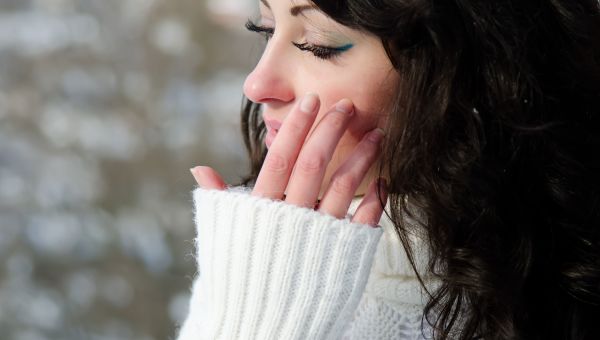
Eczema, or atopic dermatitis, is a skin condition that causes dry, inflamed skin, intense itching and swelling. One reason for flare-ups is that the skin can’t stay moist enough by itself, says James Ralston, MD, dermatologist and founding president of the Dermatology Center of McKinney in Texas. And cold, dry outdoor air mixed with dry, heated indoor air during the winter months is a recipe for an eczema flare. Children and adults alike can have eczema, and those who’ve had it before or have family members with a history of the condition are more susceptible to it year round.
Use these tips to keep your skin soft and moist—and to prevent bothersome breakouts.
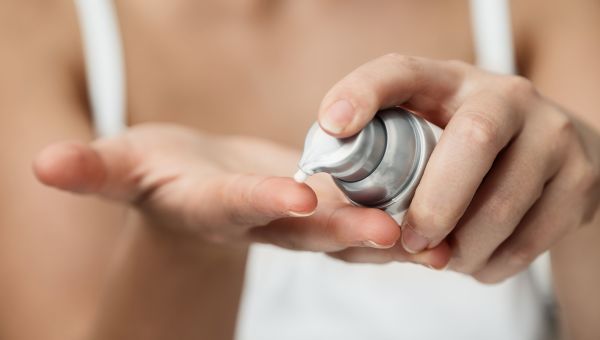
Moisturize every day
Ralston says moisturizing your skin every day is one of the most essential parts of taking care of your skin, especially if you have eczema. But when you apply a moisturizer is also key. “Moisturize within three minutes of coming out of the bath or the shower,” says Ralston. “The moisturizer seals in the moisture from bathing before it has time to evaporate.” The National Eczema Association also recommends bathing just before bed, since this also helps your skin to better retain moisture.
When choosing a moisturizer, Ralston advises choosing one that’s fragrance-free. Ointments, creams and lotions with oil will provide the most moisture.
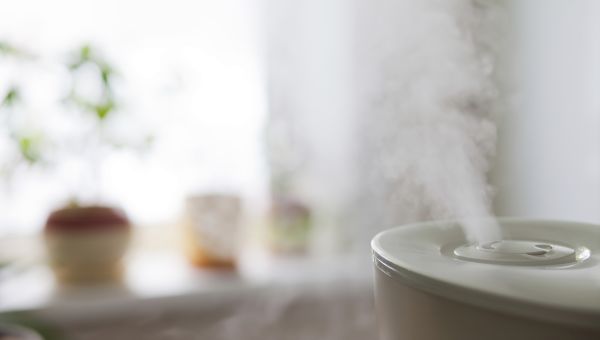
Plug in a humidifier
Hot, dry air dehydrates your skin, so if you have the heat on in your home during the winter, a humidifier can help your skin stay moisturized. “I like cool mist humidifiers and I think it’s best if you use distilled water,” says Ralston. “I also recommend cleaning it the way the manufacturer recommends.” Make sure your home’s humidity levels stay between 45 and 55 percent. Some home heating systems have a built-in humidifier, so check to see if yours does.
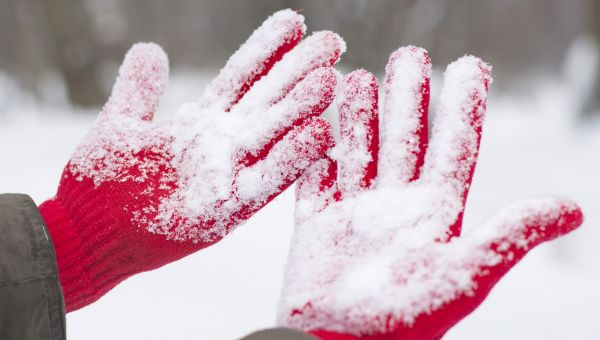
Cover up when heading outdoors
Your skin can become irritated when you move from warm indoor air to cold outside air, and that will make your eczema symptoms worse, says Ralston.
If you’re heading outdoors, wear gloves to shield your skin from the cold and cover up all exposed skin with jackets, hats and long pants. Wool fibers tend to irritate the skin; if you wear any wool items such as a hat or gloves, be sure they’re lined with cotton or any other soft fabric.
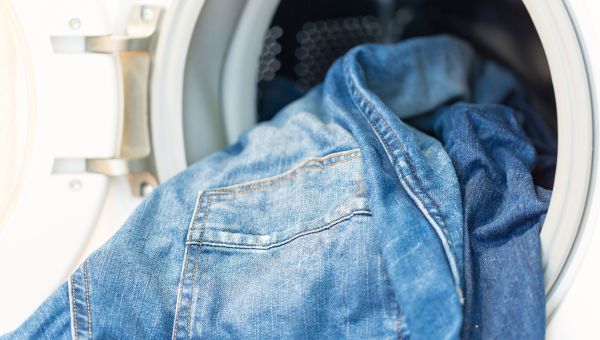
Ditch wet clothes or shoes
Whether you’re caught in a downpour or a snowstorm, damp clothing can wreak havoc on your skin. “If your skin is constantly in contact with damp clothing, that can trigger a flare-up,” says Ralston. Sweat is another culprit. “If you’re dressed too warmly and you’re sweating, the sweat can irritate the skin and cause breakouts.”
He suggests layering your clothing so that you can control your comfort level. If you do get sweaty or wet, change clothes, rinse off and moisturize as soon as you can.
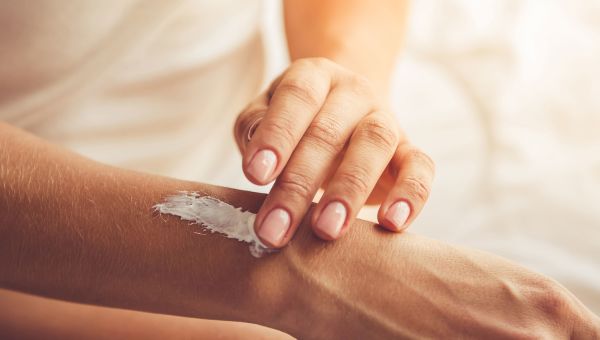
Slather on the sunscreen
Even when it’s cold and cloudy, the sunshine’s rays can be dangerous. “Sunlight or ultraviolet light goes through the clouds,” says Ralston. He says to take special care when there's snow on the ground, since sunlight reflects off of it and increases your ultraviolet exposure.
When headed outdoors, coat any exposed skin with SPF 30 or higher sunscreen. Those with eczema should choose sunscreen specifically for sensitive skin (when using a new sunscreen, test it on a small area of skin to be sure it doesn’t trigger a reaction). Mineral-based, alcohol-free sunscreens with titanium dioxide and zinc oxide are best. Check the label for any ingredients that your skin may be sensitive to.
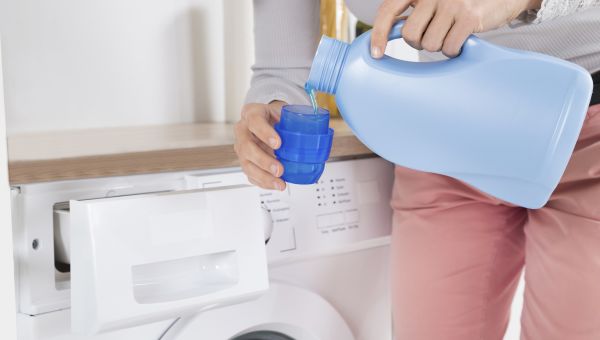
Choose your detergent wisely
Harsh detergents can irritate anyone’s skin, but for those with eczema, the dye, perfume, fragrance and detergent that remains on your clothes can cause eruptions.
“Use fragrance-free, dye-free and perfume-free laundry detergents,” says Ralston. And don’t negate your good efforts by tossing in a dryer sheet. “That just adds fragrance,” he says. Choose a fabric softener that’s hypoallergenic and free of irritating chemicals.
Go for liquid over powder detergents since liquid detergents tend to leave less residue behind. And if your washer has an extra rinse option, choosing that cycle can also help get rid of any irritating product residue.

See your doctor if it gets worse
If, in spite of your best efforts, a flare-up is triggered, certain treatments can help. “Flare-ups may require medication, like a topical steroid or an antihistamine,” says Ralston. If your symptoms are so bad that you’re losing sleep, your skin is painful or if it becomes infected, talk to your dermatologist to discuss the management and treatment options right for you.
More On


video

article


video


video


video
